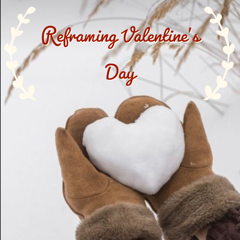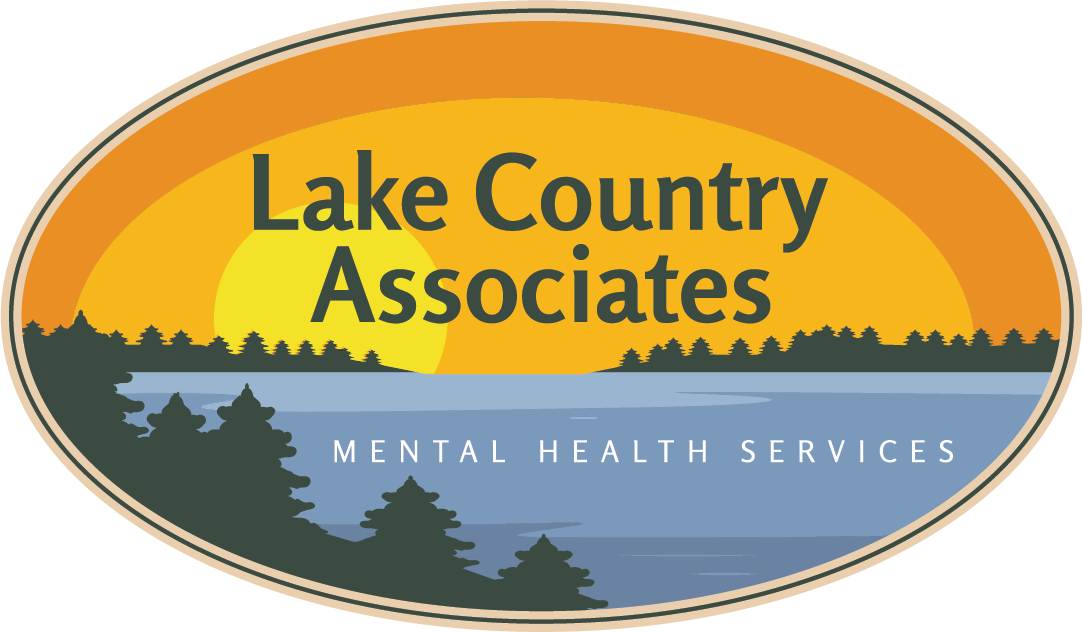
What comes to mind when you think of Valentine’s Day? Is the stereotypical pink hearts, chocolate, red roses, and public declarations of romantic love all over social media? For the longest time, that’s all I thought of when I thought of this holiday. This is why I am not surprised when I hear that, for many, Valentine’s Day is one of their least favorite holidays. Valentine’s day can take an emotional toll for many who are not currently in a relationship, just broke off a relationship, are mourning the loss of a loved one, or are feeling alone. Valentine’s day can be a constant reminder of what we don’t have, what we wish we had, or what we lost.
So although Valentine’s Day is pictured as this fun and joyful holiday, research suggests that the focus on romantic relationships can trigger worsening symptoms of depression and anxiety. Statistically, suicide rates begin to increase during this time of the year, and many accredit this holiday for this phenomenon. (Suicide increase on Valentine’s Day)
We must begin reframing what Valentine’s Day is and how we can celebrate it and maintain our mental health. Romantic love is only one face of love. If Valentine’s Day is a day to be celebrated, let us celebrate love in its entirety. If the highlight of this holiday is love, let’s celebrate love in all its forms and humans’ capacity to love one another as well as ourselves.
Here are some ideas to celebrate this Valentine’s Day regardless of the stage of life one is in:
- Love your body: Show love to your body, whether through self-care such as face masks, pedicures, and a massage or conscious body movement and exercise. Love your body from the inside out by nourishing it with healthy food or treating yourself to your favorite restaurant. Take care of the body you have, and appreciate all of the wonders it’s done for you so far.
- Love your mind: Stay away from social media. Disconnect from social media for the day and spend time with yourself or loved ones instead. According to a study by (Lambert et al., 2022 ), disconnecting from social media for just one week can greatly impact your mental health and help alleviate symptoms of depression and anxiety. Take this time to focus on yourself and focus on all of the things you love about yourself. Acknowledge your emotions and feelings and know that they are valid. Take time out of your day to journal or reflect on your day.
- Love others: Plan a date night with all of your favorite people, whether it’s out in your favorite restaurant or right at home. Call a friend just to talk or send a funny meme to a friend. Connecting with others is essential and helps to create a sense of community. There are people in this world that recharge you and spark joy in your soul! Seek them out
Paula O’Campo is a Licensed Professional Counselor at Lake Country Associates in Park Rapids, MN.
If you are experiencing symptoms of depression and anxiety during this time of the year and would like to meet with a therapist, call Lake Country Associates at 218-366-9229 or send us a note. To access the Minnesota Crisis Text Line, text MN to 741741. To call the mobile crisis team, call 1-800-422-0045. If you are experiencing a mental health emergency, please visit your local hospital or call 911 right away.
References:
Benefits of taking a break from social media:
Lambert, J., Barnstable, G., Minter, E., Cooper, J., & McEwan, D. (2022). Taking a One-Week Break from Social Media Improves Well-Being, Depression, and Anxiety: A Randomized Controlled Trial. Cyberpsychology, behavior and social networking, 25(5), 287–293. https://doi.org/10.1089/cyber.2021.0324
Impact of Valentines Day on Mental Health:
